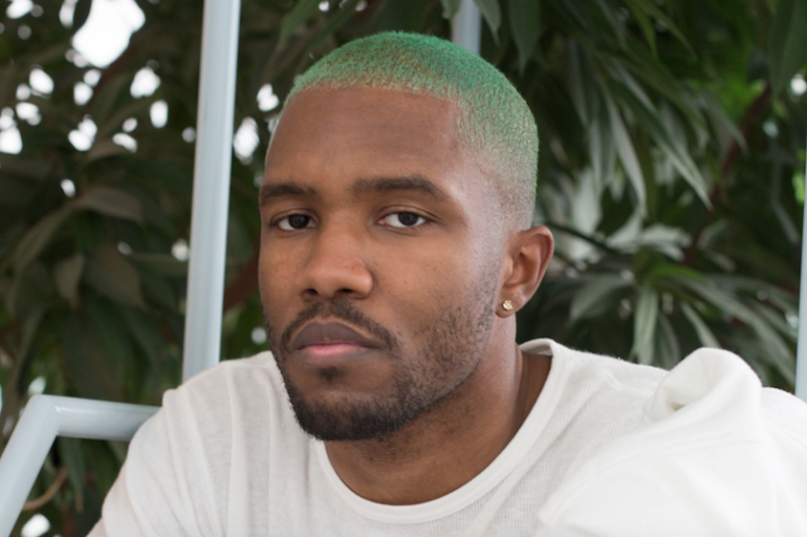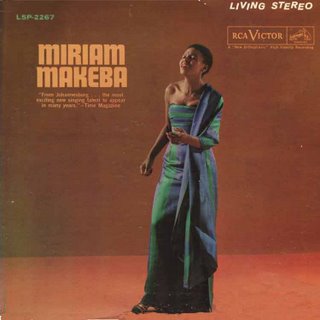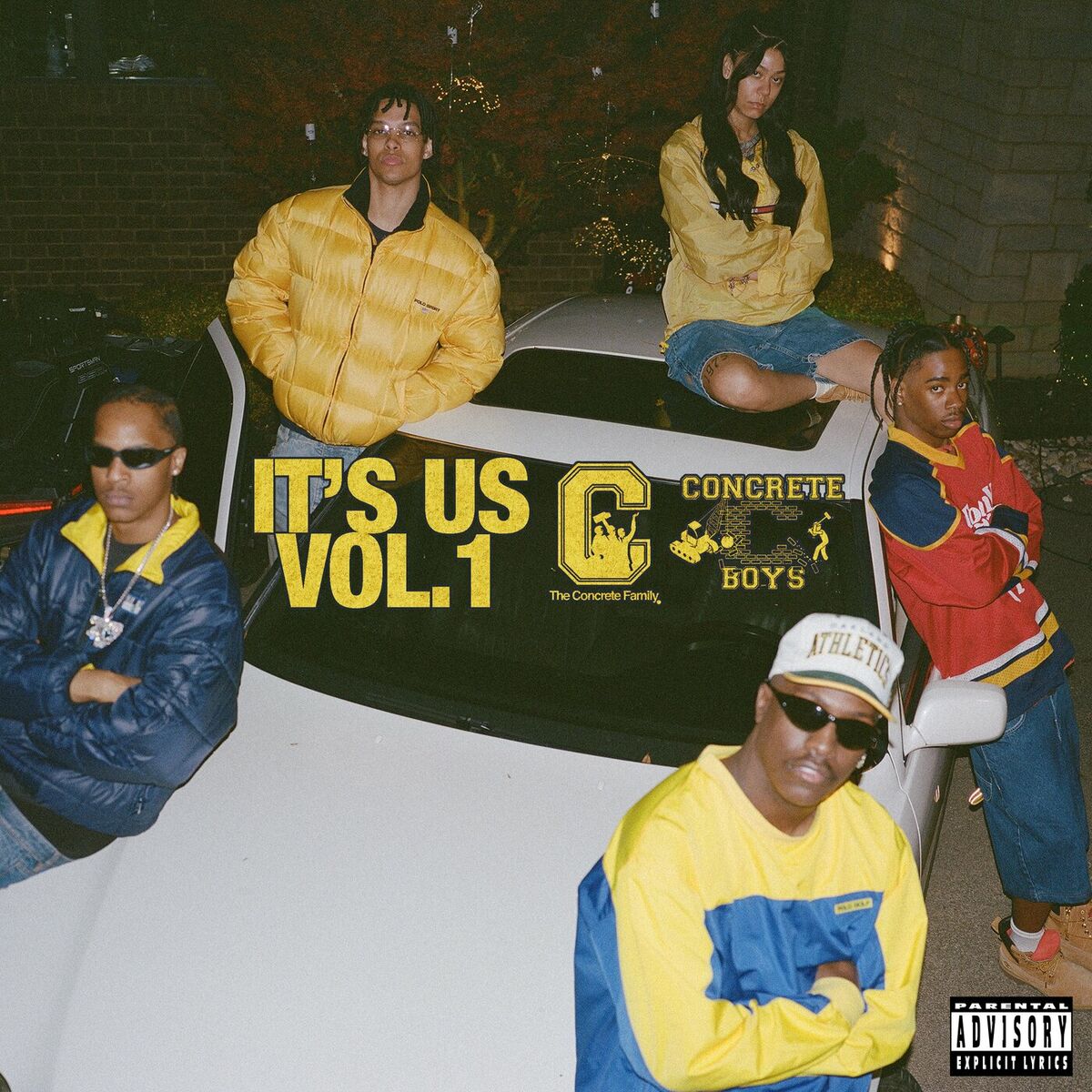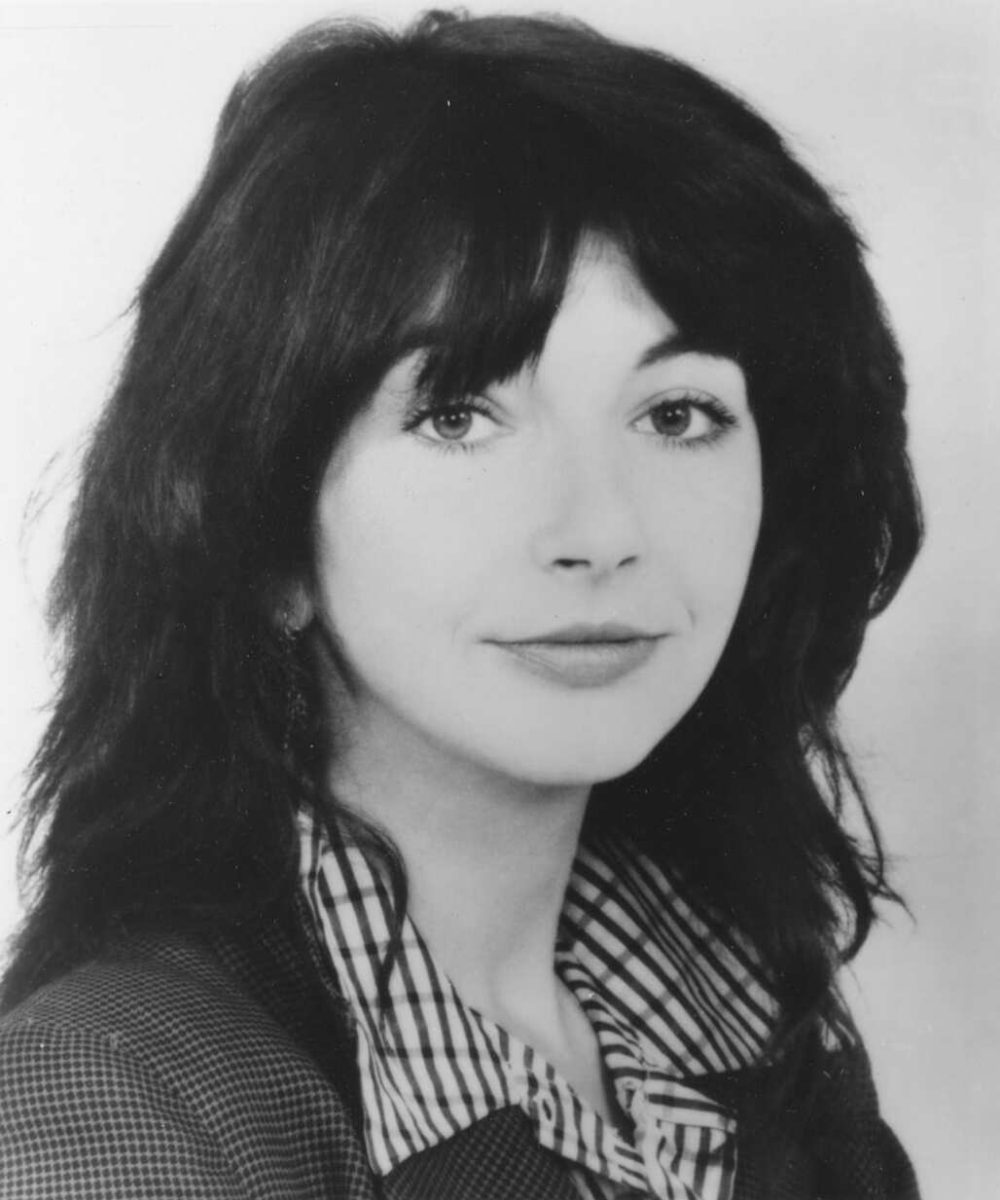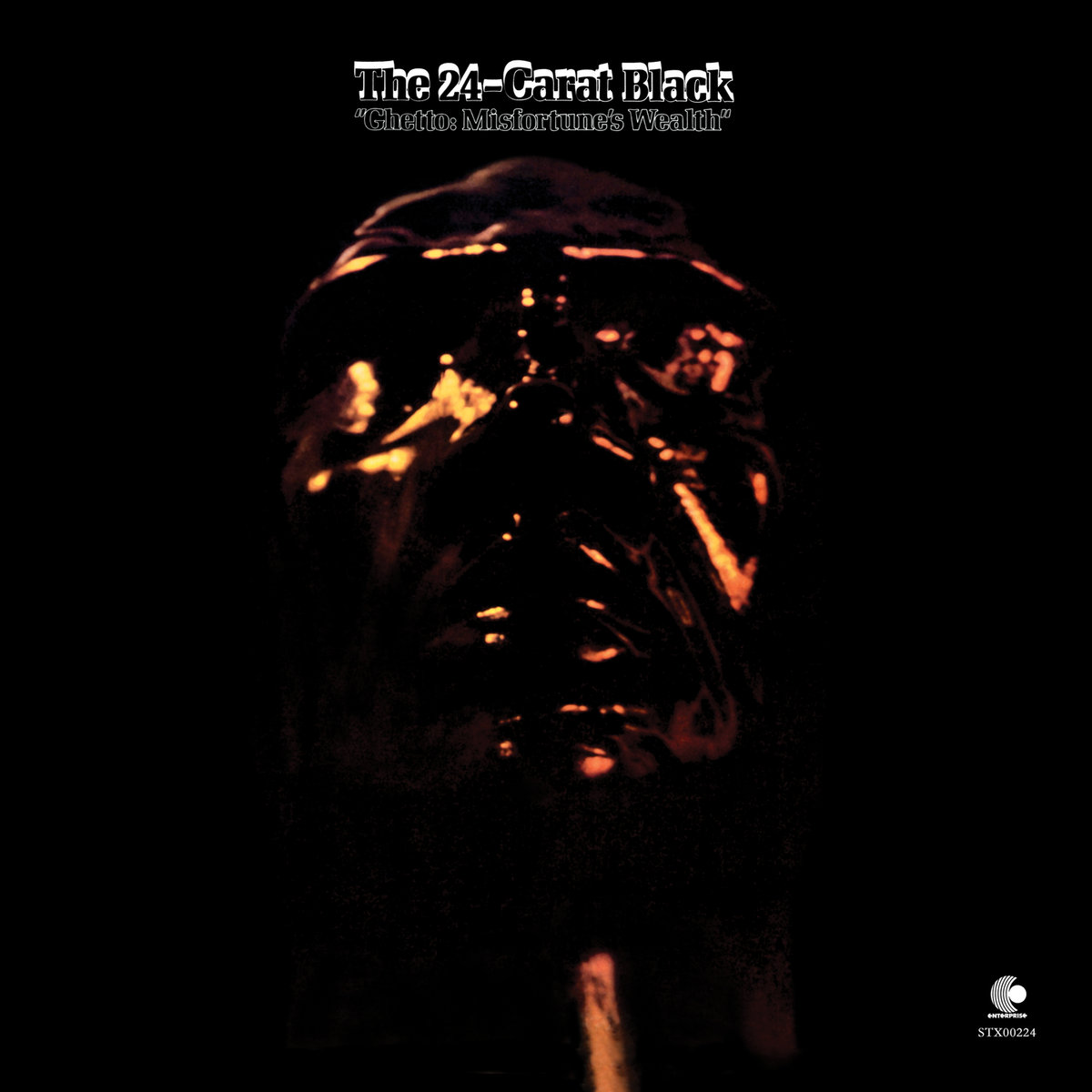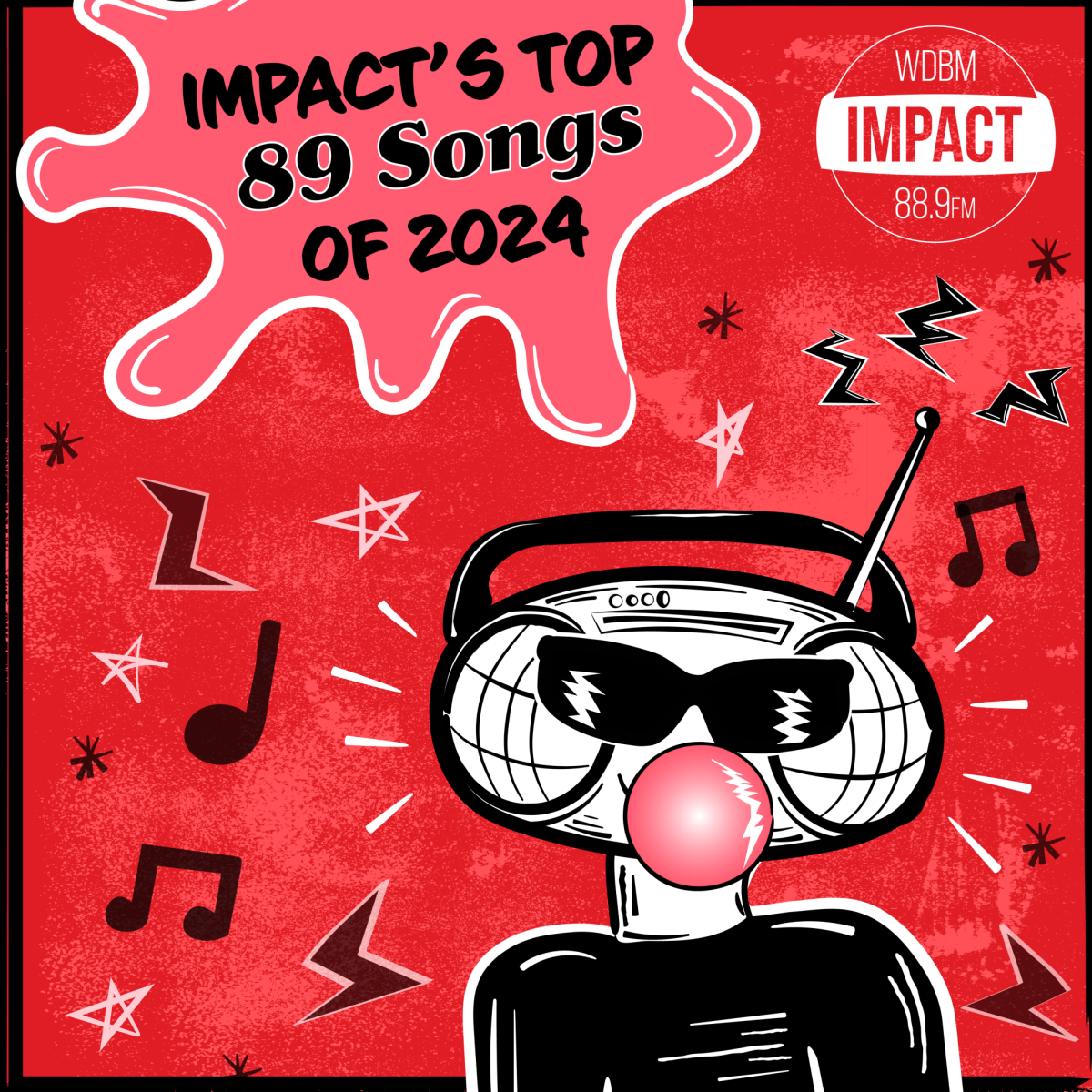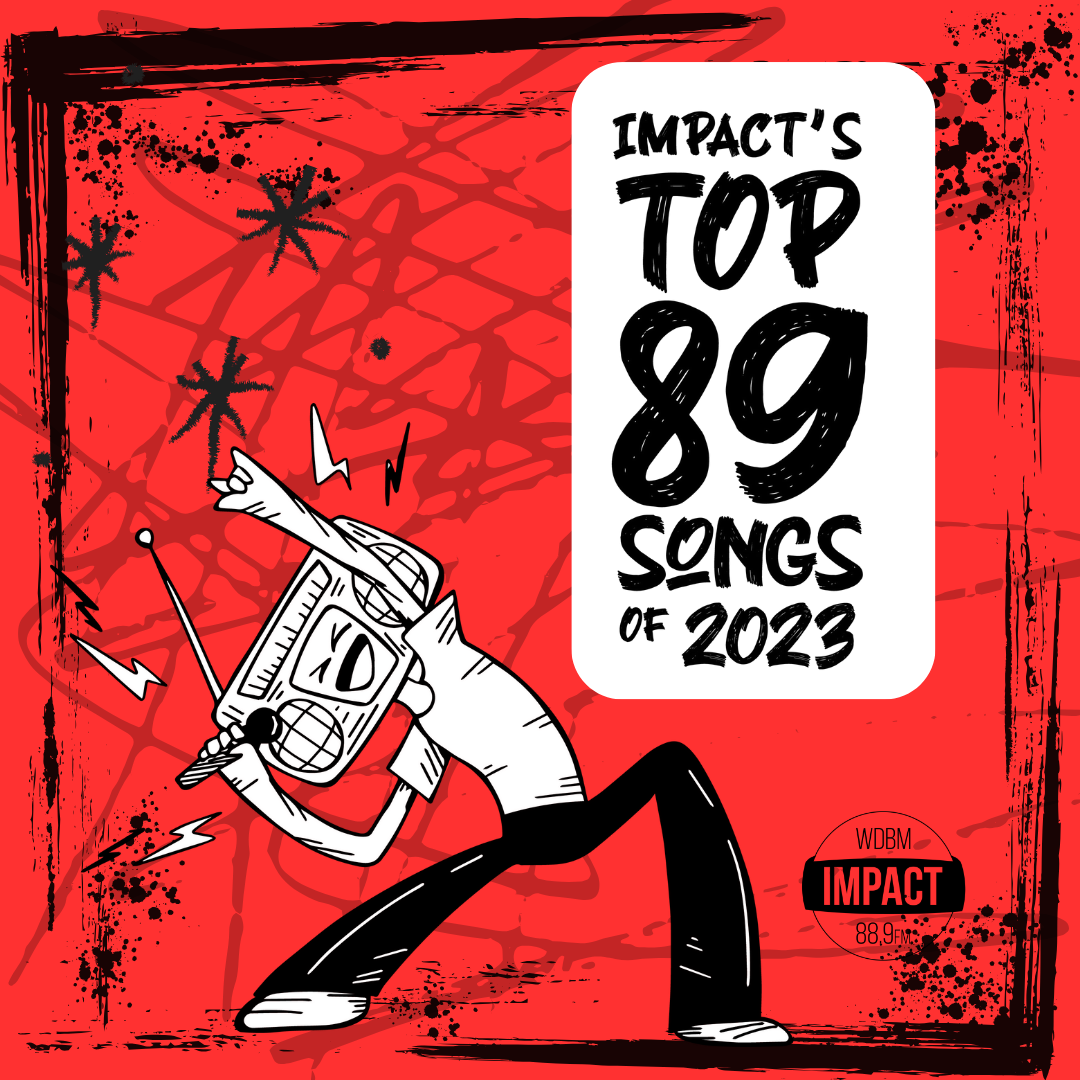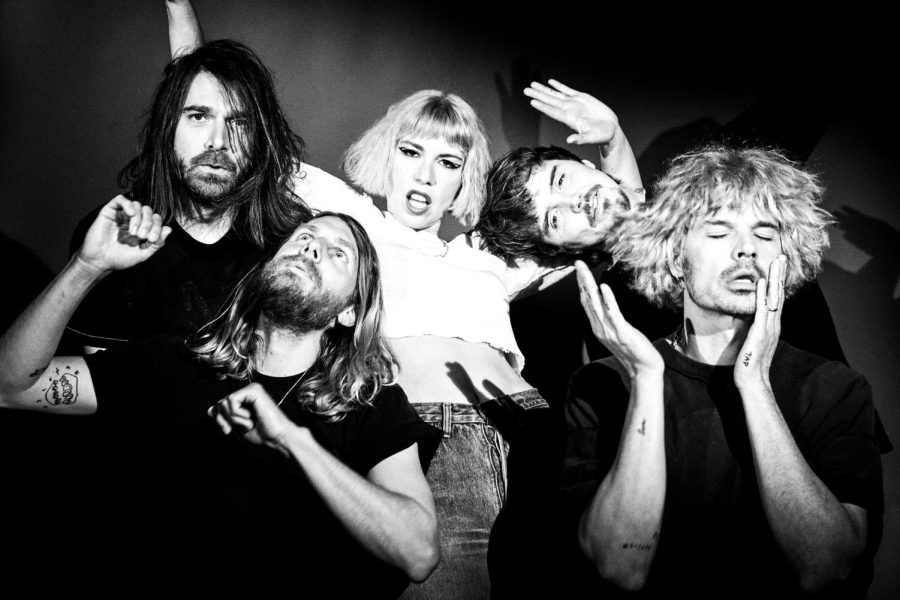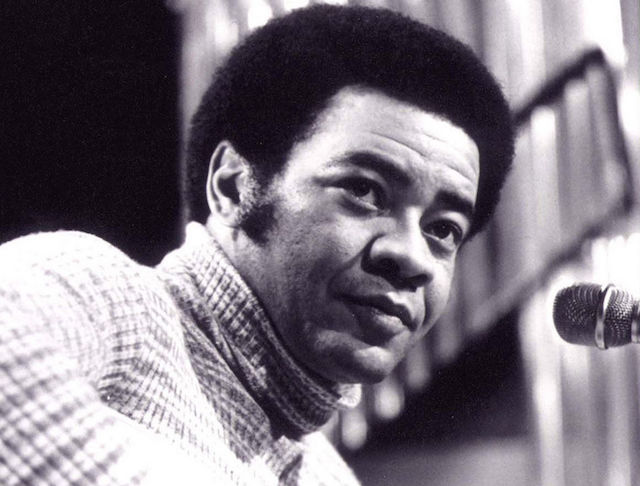“My guy pretty like a girl.”
The opening line to R&B/hip-hop artist Frank Ocean’s latest song, “Chanel,” is one for the ages. Why? Because Frank’s unabashed and honest view of sexuality is becoming one of his best weapons in a genre historically plagued by rampant homophobia. The entire song centers around duality, and what’s more dichotomous than a phrase that compares a man’s beauty to the intrinsic and inherent beauty of women? It’s not only right on the nose, it’s a perfect example of Frank inadvertently making the hip-hop community accept fluid sexuality.
Hip-hop is hard to look back on sometimes. It’s ugly in its misunderstood nature, while still being beautiful in its roots and sincere in every way. There’s no denying that rap has treated homosexuality with harrowing realism and disdain. Genre-defining artists like Eminem and DMX have tracks that are almost entirely devoted to distancing themselves from anything ‘queer.’ Whether it was an “us versus them” mentality or something as simple as misguided hate, hip-hop was not a safe haven for LGBTQ+ music or artists. Even today, with the recent Migos controversy and Quavo’s already notorious quote about making a song with Frank, exempting him from all claims of homophobia, the hypermasculinity reigns supreme— although nowadays, the problem seems to lie more within inadequate education rather than hate.
Frank’s 2016 album Blonde gained the trust of his fans and earned the praise of his critics while exposing his self-described ‘dynamic’ sexuality to all listeners. The album wasn’t gay, it wasn’t bisexual, and it definitely wasn’t straight. On “Siegfried,” Frank distances himself from the ‘traditional’ straight lifestyle. On “Good Guy,” he sings about being taken on a date to a gay bar. But on the same album, “Nikes,” titled after shoes generally adored by the hypermasculine hip-hop community, name-drops an NBA player and features a music video with…quite a few cars. There seems to be a lack of interest from Frank to label himself as anything, mostly because the real beauty lies in the way he loves, not who he loves. That’s why Blonde wasn’t held back or pigeonholed as a ‘gay album.’ It’s an album made by a man who has been in love with other men before, and it’s stunning.
Point being, Frank Ocean isn’t trying to be a spokesperson for queer hip-hop. He’s making an honest work that is too critical, too touching, too beautiful for the hip-hop community to ignore. And if they accept his work, they have to accept all that comes with it. The uncertainty and longing, the desire and lust, all free from the archaic bounds of categorized sexuality. This isn’t to say that Frank Ocean has single-handedly ended all discrimination against the LGBTQ+ community with a nice voice, a pretty face, and superstar appeal. Rather, he has given the straight world something to chew on. His music has the incredible ability to connect the most unlikely groups of people, fostering acceptance and commiseration between those who feel touched by his work and those who feel molded by it. Frank Ocean is a voice for the misunderstood by the world’s antiquated lens on sexuality, and he deserves every bit of praise he gets.
Watch the official “Nikes” music video here



